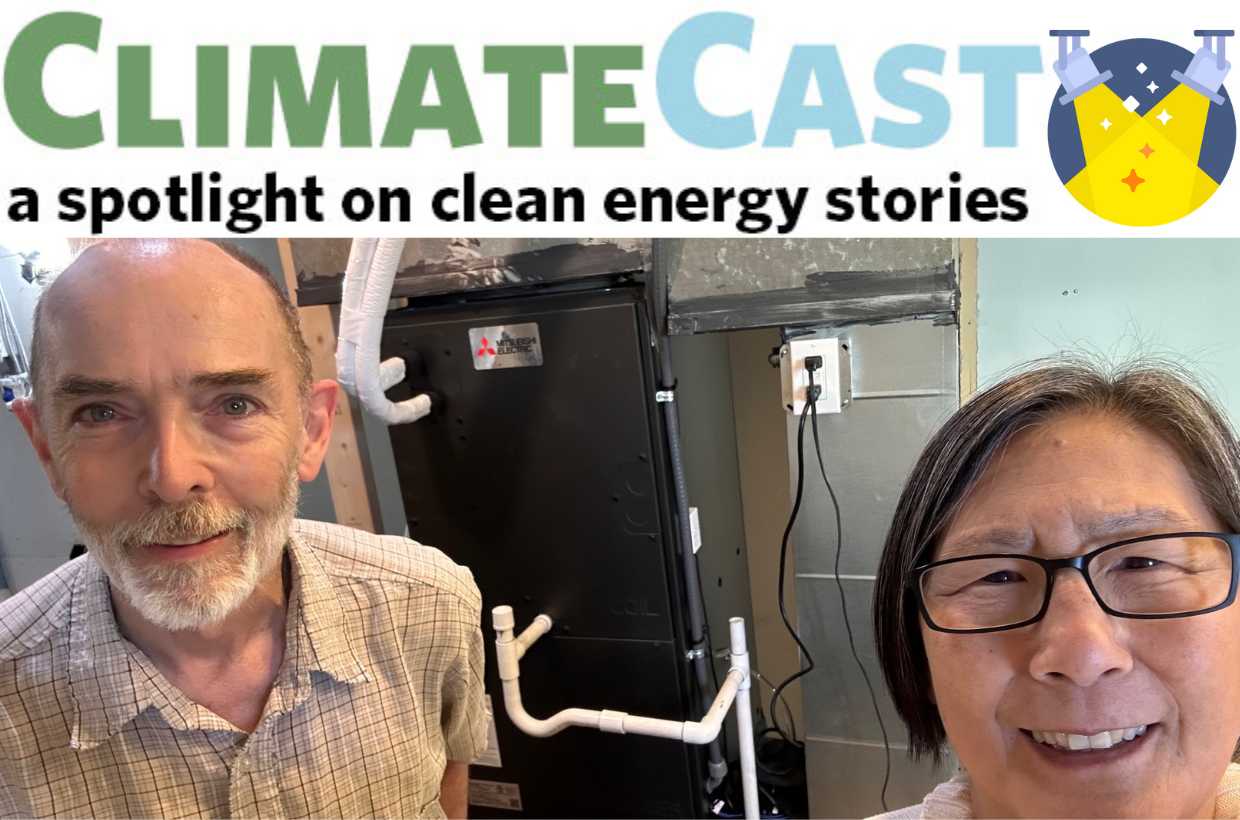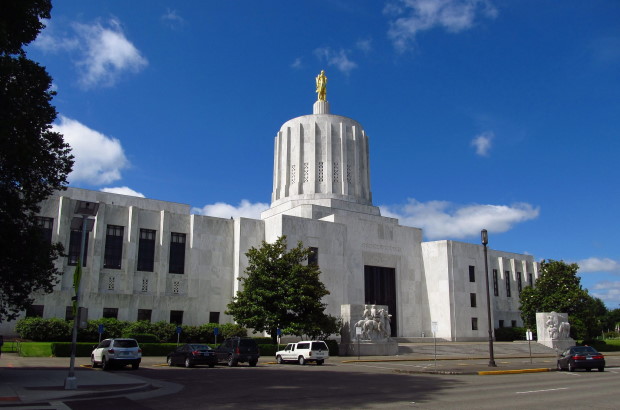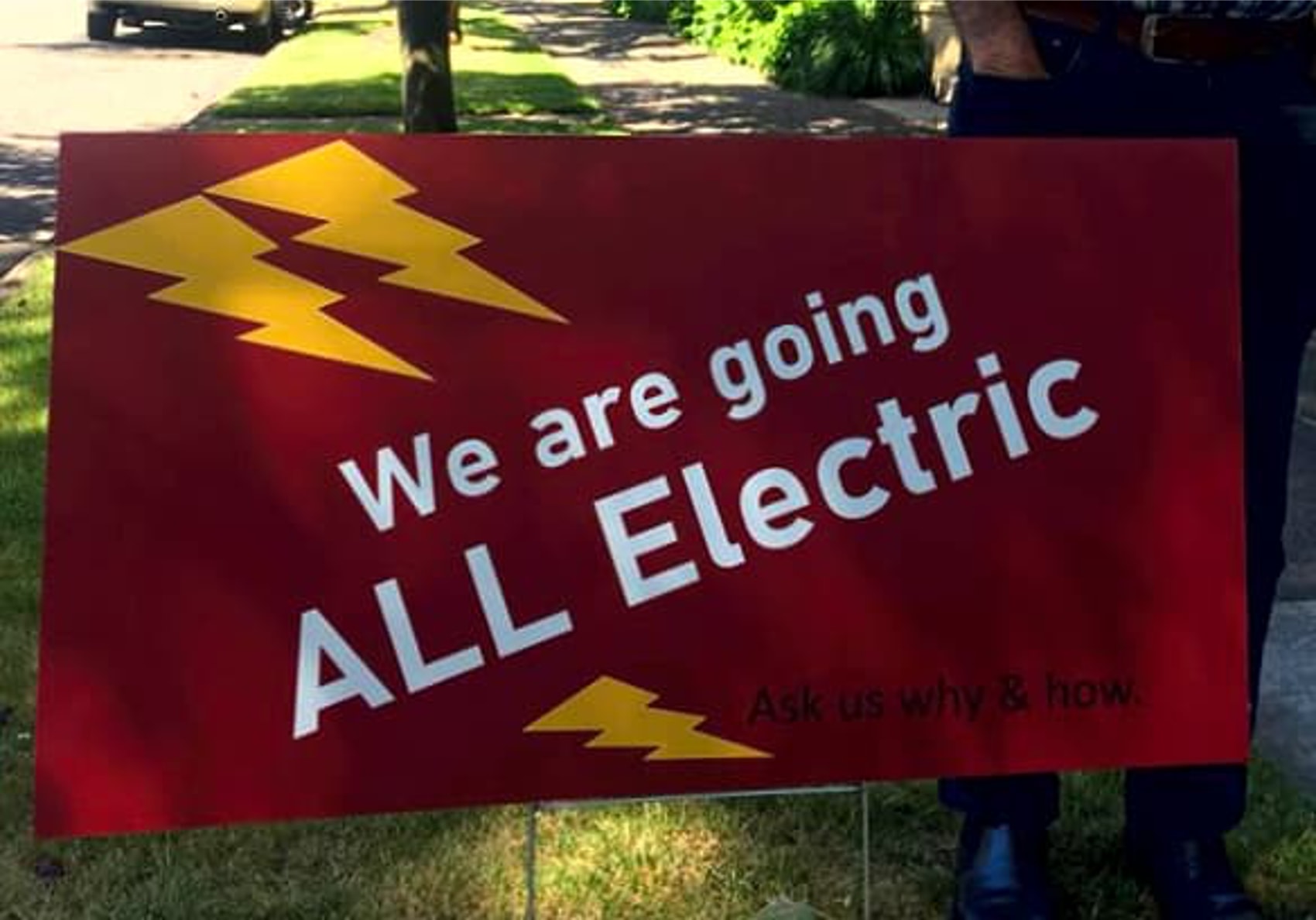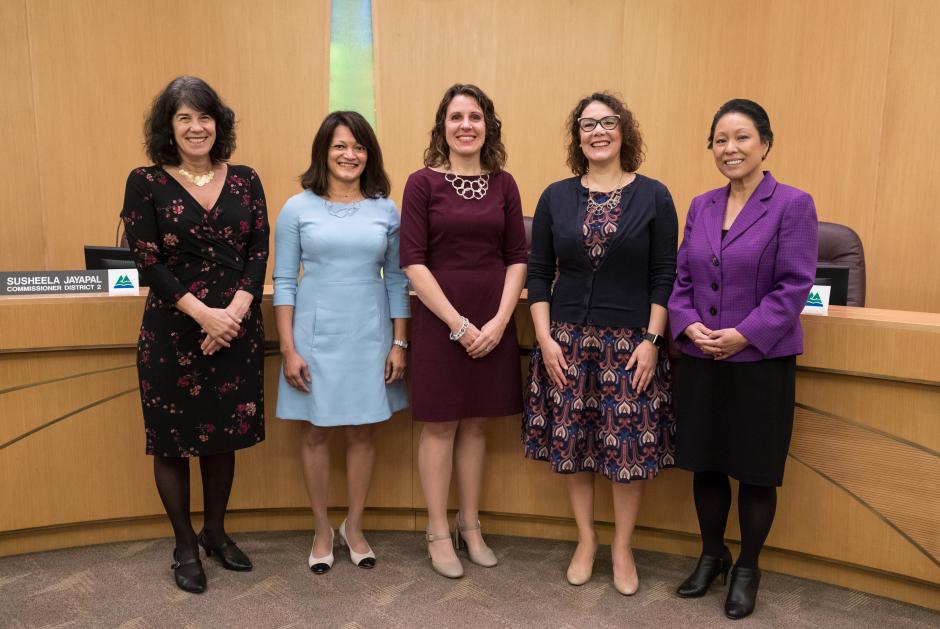
Energy efficiency is the foundation of decarbonizing our power system – reducing the need for new generating capacity overall and significantly improving the economic performance of the energy system. Former U.S. EPA Administrator Lisa Jackson once described energy efficiency as the "silent hero" to stop global warming. It is already the region’s second largest electric power “resource,” after hydropower.
Using energy wisely and storing more for later create great co-benefits with saving people money on their bills -especially lower income households, improving our health, reducing energy demand to make it cheaper and more reliable and creating more local jobs.
Recently the American Council on an Energy-Efficient Economy ranked both Washington and Oregon in the top ten states of making great strides in reducing energy use across their economies, including with appliance standards, in buildings, the transportation sector and also with the electrical grid.
Progress in energy efficiencies over the last three decades is a strong affirmation of the economic and environmental value of energy efficiency as a resource. There continue to be enormous efficiency opportunities and needed solutions, statewide but also in major jurisdictions in the region.
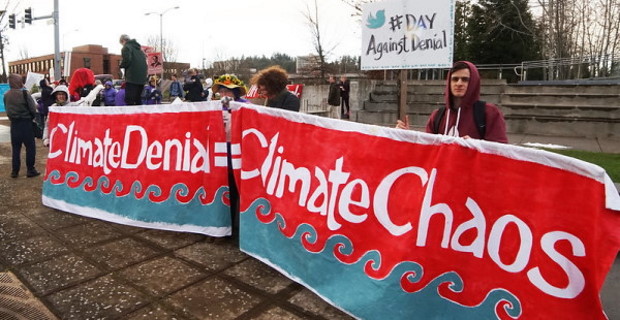
Good climate moves from Eugene's city council
The Eugene, OR city council voted to start studying whether to require all new-constructed commercial and residential buildings be electric only.

So… What just happened in Salem?
Oregon’s 2021 legislative session has come to a close. We’ve made some major progress on statewide climate action, but before we dive into those details, let’s talk about how we got here.

It's the 11th hour for climate action in Salem
23 days. That’s how much time is left in the legislative session in Salem.
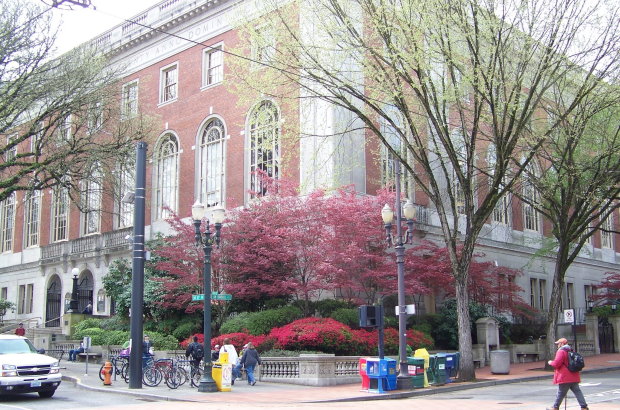
We did it! 100% clean and fossil-free Multnomah county buildings
Multnomah County Board of Commissioners unanimously approved a resolution ensuring all new county-owned buildings—including libraries, courthouses, and community centers—are built to be fossil-free and utilize 100% clean and renewable energy.

Oregonians: It's time to SPRING into climate action!
We're pleased to report forward progress on two of our high-priority climate bills.
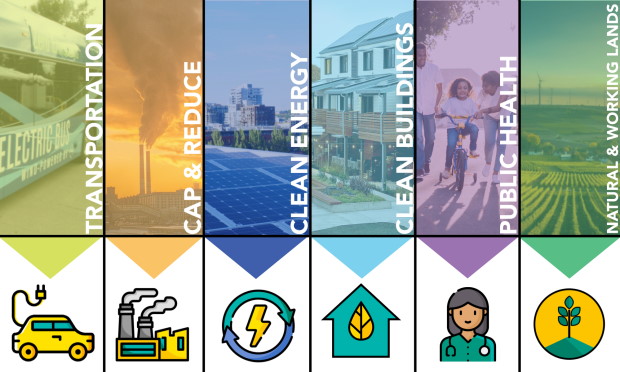
Oregon's Climate Action Plan (OCAP) turns one
Just over a year ago, Oregon Governor Kate Brown signed Executive Order 20-04, now cal

Fire and Ice: How Oregon’s past year makes clear we need 100% clean electricity
Oregon continues to pump out more climate pollution every year, but we can pass 100% Clean right now to lay the foundation for a clean energy-based economy.
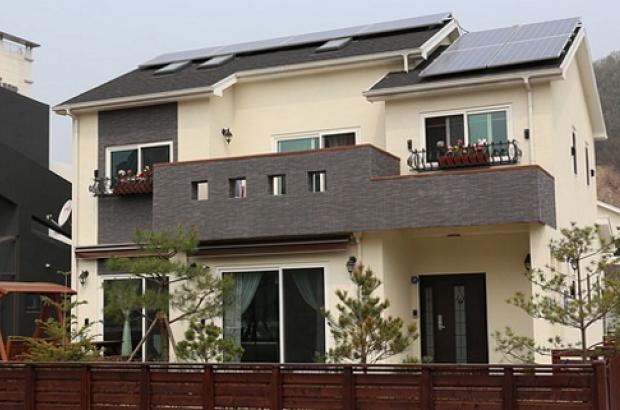
Clean, climate-friendly buildings can help Oregon build back better
We can rebuild and recover in a more just, clean, healthy, and smart way—while creating lots of high quality green jobs along the way. One of those climate-smart and equitable solutions to build back better than before is right in front of us, and all around us: our homes and other buildings.

Oregon reclaims leadership on bold climate action
Oregon Gov. Kate Brown has fulfilled her long-standing promise to take strong executive action to curb climate pollution. Learn more about what it does and why it matters.
Give for a brighter future
Connect
Join our email list to learn about what we do and how to get involved.

